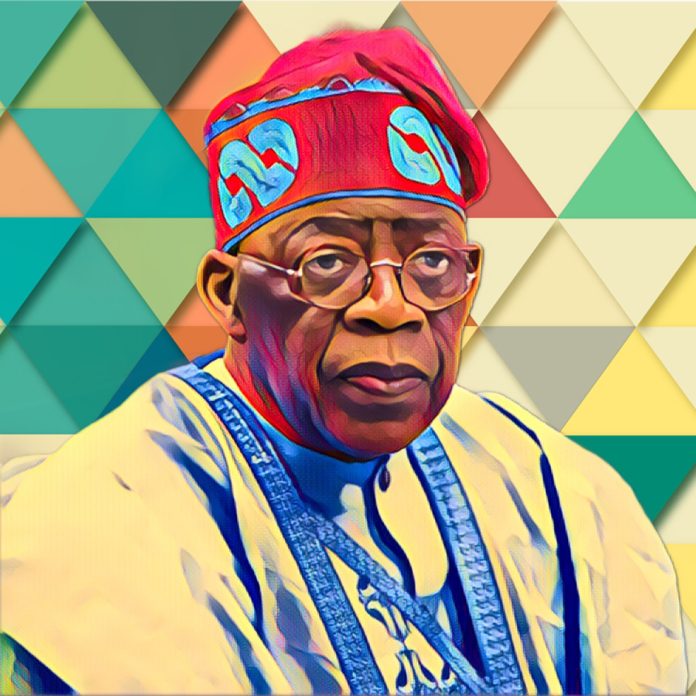KEY POINTS
- President Tinubu reaffirms commitment to restoring economic confidence
- Reforms include fuel subsidy removal and monetary policy adjustments
- Tinubu calls for collaboration across sectors to sustain long-term growth
President Bola Tinubu reiterates his administration’s commitment to restoring confidence in Nigeria’s economy by implementing key reforms to curb inflation, stabilize the foreign exchange market, and improve fiscal management.
The President, represented by Vice President Kashim Shettima, shared this during the 17th Annual Chartered Institute of Bankers of Nigeria (CIBN) Banking and Finance Conference in Abuja.
Tinubu noted that the theme of the conference, “Accelerating Economic Growth and Development: The State of Play and the Way Forward,” was timely as the nation grapples with several economic challenges. These include high inflation, rising costs of living, unemployment, infrastructure deficits, and the effects of global economic shifts.
While acknowledging the difficulties, Tinubu emphasized that these challenges present unique opportunities for growth and development. His administration has already initiated bold reforms to address the macroeconomic issues.
Reform measures to tackle inflation and stabilize the economy
President Tinubu highlighted several steps his administration has taken, including the removal of fuel subsidies, which he described as painful but necessary. He noted that this policy would free up government resources for critical infrastructure and social services investments.
“Though painful in the short term, the removal of fuel subsidies is designed to free up budgetary resources for critical investments,” he said.
The President also mentioned adjustments in monetary policies, aimed at controlling inflation and fostering a market-oriented exchange rate system. According to Tinubu, these measures are designed to address some of the country’s most pressing economic challenges.
Additionally, Tinubu’s administration is committed to strengthening infrastructure development to drive economic growth. According to a report by Vanguard, He pointed to ongoing investments in roads, railways, and energy projects through public-private partnerships. These efforts, he said, will reduce transportation costs and improve access to markets across the country.
Focus on digital economy and financial inclusion
Tinubu also underscored the importance of the digital economy as a crucial driver of innovation and financial inclusion. His administration is expanding broadband penetration and supporting tech startups through programs like the Digital Nigeria initiative.
“We are training three million Nigerian youths in digital technology and deploying them to innovation hubs to create jobs and increase productivity,” he explained.
The President set a target to achieve 70% digital literacy by 2027 through innovative training programs and stakeholder collaborations. According to Tinubu, this focus on digital transformation will enhance financial services and make them more accessible to Nigerians across the country.
Tinubu called for collaboration among government sectors, private industries, and civil society organizations to sustain economic growth. He emphasized the need to align policies with the changing global economic landscape to secure long-term stability.
“To achieve sustained economic growth, we must align our policies with global trends while maintaining macroeconomic stability,” Tinubu added.



